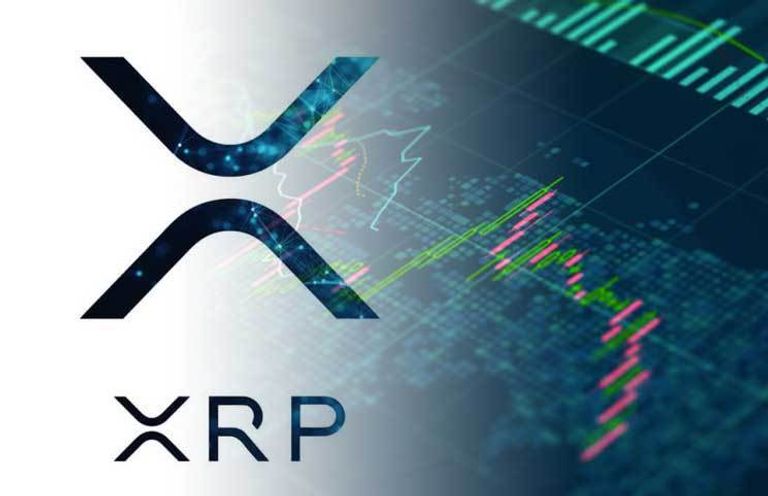Gary Gensler, chairman of the US Securities and Exchange Commission (SEC), spoke at the Aspen Security Forum on Tuesday indicated that it is open to the topic of BTC ETF approval, but one that would not be tied to physical Bitcoin, but to BTC futures contracts. According to him, such ETFs would better protect investors.
As we have already written, ETFs linked to futures contracts (for example, BTC futures on Chicago’s CME) would be regulated under the Investment Funds Act of 1940, and not on the Securities Act of 1933, which would have to allow ETF bitcoins covered with “physical” Bitcoins.
There is no BTC ETF like BTC ETF
In the meantime, several representatives of the crypto-industry in the USA have already commented on Gary Gensler’s opinion, and their opinions suggest that BTC ETFs tied to futures contracts would not be “the real thing.”
“I think his comments (Gensler’s) are very clear. From this it can be understood that net spot Bitcoins ETFs will not be so soon and that we potentially should consider the way through futures contracts, ” said openly Steven McClurg of Valkyrie, one of fourteen companies currently applying for “physical” BTC ETF approval. McClurg added that, on the basis of these facts, they were already considering a new strategy, indirectly indicating that they were likely to seek approval for BTC’s ETF linked to futures contracts in the near future.
James Seyffart, an ETF expert from Bloomberg Intelligence, noted that many had known for some time that Gensler would push the BTC ETF topic toward futures contracts, but now, for the first time, he had publicly admitted it.
As for the reasons why Gensler would prefer to approve BTC ETFs with futures contracts over spot BTC ETFs, according to Seyffart, this is due to the fact that in the case of futures ETFs it would have more supervision over regulated exchanges that futures contracts bring (eg Chicago CME). This is in contrast to the SEC’s ability to regulate traditional exchanges outside the United States, where BTC is traded directly.
However, Seyffart points out that there are clear links between futures and spot markets and they interact. Therefore, he does not understand this intention very well. “Somehow I don’t understand it, because there is a definitive relationship between the spot BTC and the futures market, so no matter how you do it, these markets will overlap. I think it’s basically just a delay. “
A Bloomberg analyst added that bitcoins ETFs tied to futures contracts would be more expensive and more difficult to manage. And at the same time less attractive for investors.
This is also indicated by the numbers on the current trading of BTC futures on CME. Although the trend of growing interest in BTC futures contracts is obvious, it is far from competing with Grayscale Investments’ GBTC trading figures.
Seyffart pointed out that the actions of investors speak for themselves – they prefer a more direct way of investing in BTC rather than futures contracts. From what they currently have, they therefore buy, for example, shares of Microstrategy (its assets are significantly tied to BTC, as it owns 105,000 BTC) or Canadian Bitcoins ETFs. “People don’t want BTC futures exposure, but physical exposure to BTC,” he pointed out.
Valkyrie McClurg added that futures markets are not as safe for retail investors because they do not always monitor what is happening in the spot market. In this context, BTC’s futures contract ETF is a worse solution than the spot ETF, which companies have been trying unsuccessfully for years.
Gabor Gurbacs from VanEck, another company applying for the BTC ETF, said: “The physical exposure of BTC to ETFs is more effective than futures-based fund structures. Futures contracts are costly for the issuer, more expensive for investors, and in general the futures market is less liquid than the spot market, where traders buy and sell Bitcoin directly. ”
Conclusion
Although Gary Gensler’s statement about the BTC ETF at first glance has sent a new wave of optimism into the crypto sector, from experts’ opinion, it can be deduced that BTC ETFs tied to futures contracts are far from what the cryptosector wants. However, it is possible, as Steven McClurg of Valkyrie has already indicated, that such an ETF will precede spot ETFs, for which the time has simply not yet come from the regulators’ point of view.
- Trump’s inauguration is approaching, but crypto promises may take a while - January 14, 2025
- Fidelity: 2025 will be the year of global Bitcoin adoption - January 14, 2025
- Ethereum: Inflation continues, but bulls continue to target $20,000 - January 14, 2025
























